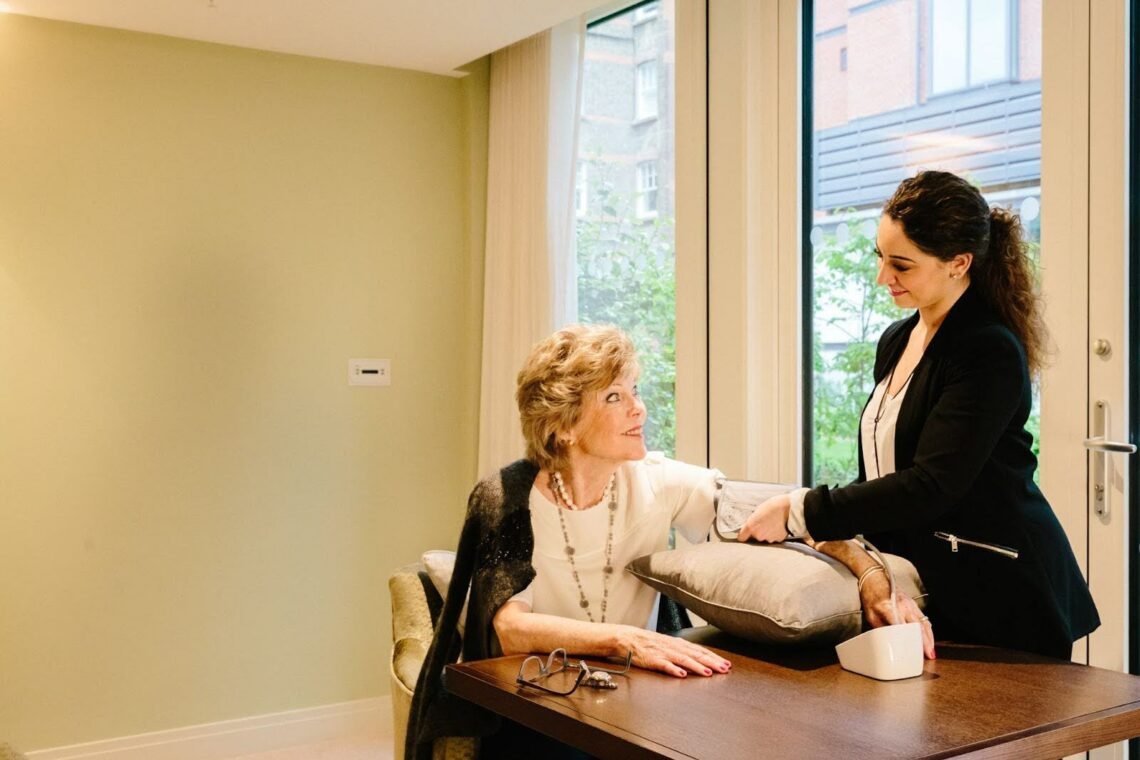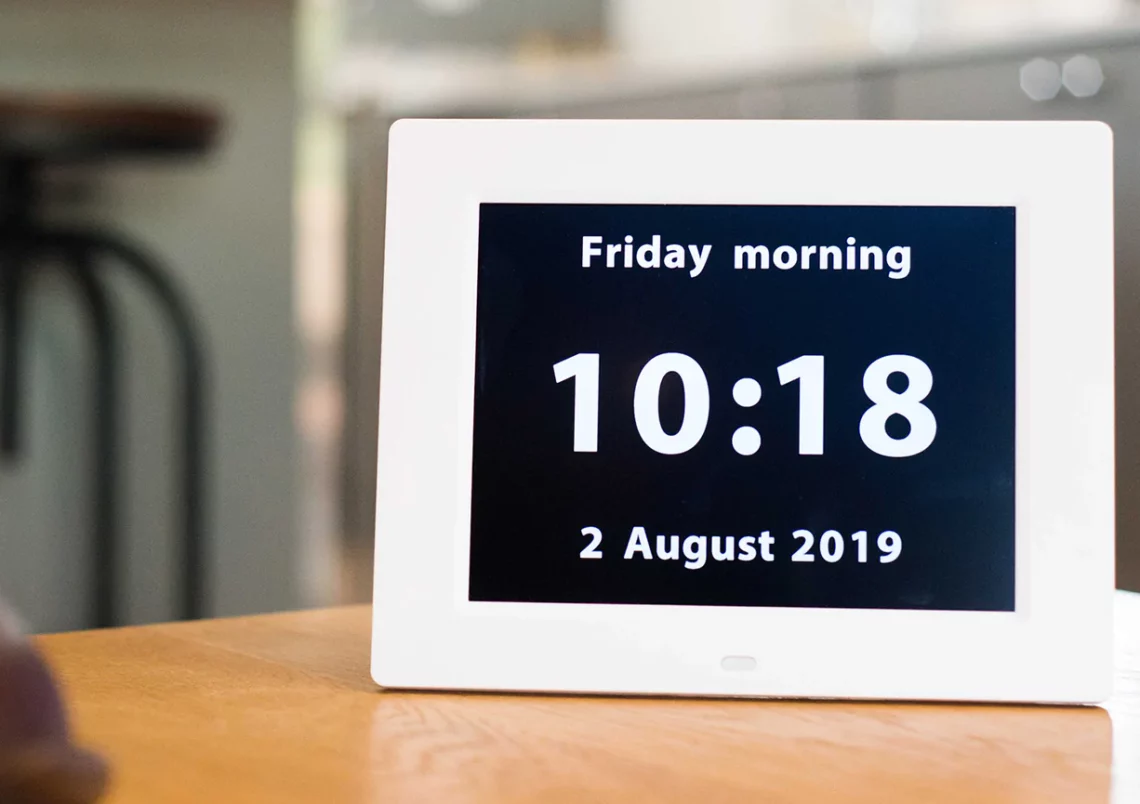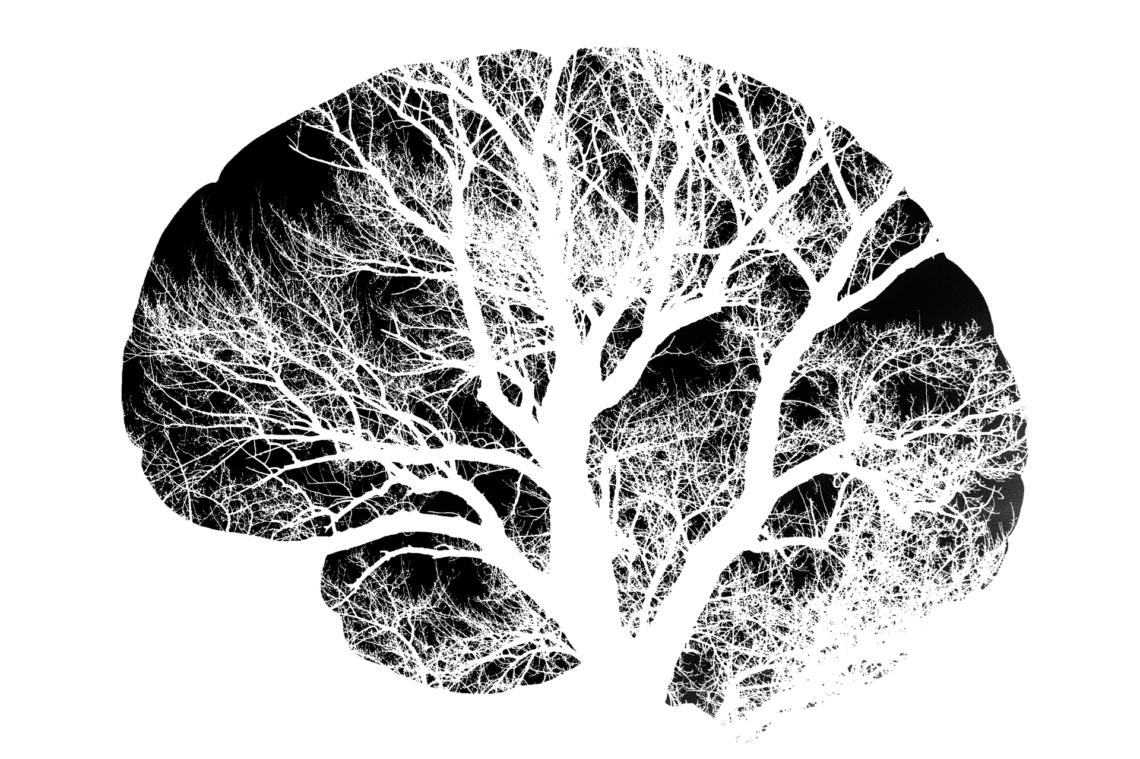Articles related to
Dementia
How Hometouch Builds Safety into Dementia Home Care
World Patient Safety Day took place last week and reminded us why preventing avoidable harm in healthcare matters. For families considering dementia care at home, this principle is especially important – how do you maintain clinical safety while preserving independence…

How the RESTORE2 Mini strengthens dementia care at home
When someone you love is living with dementia, you need more than just daily support. You need clinical expertise that recognises health changes before they become serious. At Hometouch, our dementia care specialists use the RESTORE2 Mini to identify early warning signs.…
How Much are Dementia Care Home Fees in 2023?
Care home fees for dementia care homes in the UK vary from around £1000 to more than £3000 per week. Care homes fees for dementia care in the UK have been increasing year on year by at least 5%. This is 0.5% higher than the average care home fee which has also increased by 5% per annum over a 3-year period so there seems to be a trend showing that care home fees are increasing at faster rate than general living costs. Another reason is due to the an ageing population and people newly diagnosed with dementia which means that there are not enough specialist care homes available at present. Additionally, staff shortages are driving up costs which is further contributing to dementia care home fees inflation. The cost of dementia care homes varies across different regions, care homes and countries. This may be due to different government policies, rates…
Would you like to know more about Hometouch's high quality live-in care service?

The best clocks for people living with dementia
Losing track of time is one of the early symptoms of dementia. Whether it’s a missed doctor’s appointment or a frantic phone call about whether they’ve had lunch, losing track of time can be a distressing experience for your loved…
Speak to one of our knowledgeable care advisers about Hometouch’s high quality live-in care service
Dementia cafes and their benefits
Support, understanding, and social interaction are things we can all benefit from. Dementia cafes seek to provide exactly that for people whose lives are affected by the condition. Up and down the country dementia cafes and memory groups are providing an invaluable service to local communities. At Hometouch, we know how tough a dementia diagnosis can be, both for the person living with the condition and their families. So, with dementia cafes playing such a vital role for so many people, we shine a light on the support they provide and explain why they are so beneficial. What are dementia cafes? Dementia cafes provide a safe, welcoming space for those whose lives are affected by dementia. They give people living with dementia and their families a chance to meet others in a similar situation as well as getting access to expert advice. Often ran by charities, community groups, or volunteers,…
Activity Ideas for People Living With Dementia
Dementia is a combination of symptoms a person can experience because of the damaged nerve cells in the brain. Without nerve cells functioning normally, the information is not transmitted, and without it, the brain cannot carry out certain tasks. The most common conditions are Alzheimer’s disease and vascular dementia, among other 200 conditions. Speak to one of our knowledgeable care advisers about Hometouch’s high quality live-in care service Book call Find a carer Regardless of which type of dementia a person has, the symptoms vary but most commonly include memory problems, behaviour changes, difficulties with concentration and speaking. Older adults with dementia find it difficult and frustrating to deal with daily tasks even if those activities are simple. Importance of Failure-Free Activities for People With Dementia People with dementia deserve to have a good quality of life and enjoy different things. Unfortunately, it is hard for them to achieve joy…
Medications That Worsen Dementia and Increase Dementia Risk
What Medications Make Dementia Worse? Many of us are familiar with what dementia is, or at the very least, have heard the term. The medical model of dementia perceives it as a symptom of various brain diseases, characterised by losing the ability to memorise or remember things. In severe cases, there are significant behavioural changes and the patient may be unable to perform the simplest of the tasks. Speak to one of our knowledgeable care advisers about Hometouch’s high quality live-in care service Book call Find a carer However, dementia can be treated with the correct medication, and several medication classes for dementia as well as medical interventions for dementia exist. While dementia medication in the UK works to treat dementia, and medication aids for dementia and are widely prescribed as medications to treat dementia, some routinely used non-dementia medications can aggravate dementia if not taken carefully. We will here…
Benefits of Live-in Care for Dementia Patients
Dementia is a condition that affects the brain and can lead to memory loss, difficulties with communication, and problems with spatial awareness. As it progresses, people with dementia will need more care from their family members or caregivers to manage day-to-day tasks. Alzheimer’s is the most widespread form of dementia, affecting 50 to 75% of diagnosed people. Other common types of dementia include vascular dementia, Parkinson’s disease and dementia with Lewy bodies. Dementia is devastating for those afflicted and their families, and it can be a struggle to provide the level of care needed. Often a family member will sacrifice their own health as they try to meet all the needs of their loved one, leading to burnout. One solution that many people consider is live-in care for dementia patients. This form of dementia care provides around-the-clock support, providing peace of mind in knowing that there will always be someone…

What is dementia with Lewy bodies?
Speak to one of our knowledgeable care advisers about Hometouch’s high quality live-in care service Book call Find a carer Dementia isn’t a single disease, the word describes a set of symptoms that includes problems with memory, reasoning, communication and…

What is frontotemporal dementia?
Dementia develops when there is progressive damage to the brain. Frontotemporal dementia is the term used to describe a number of different conditions, in which particular areas of the brain are affected leading to characteristic personality and behavioural changes. Frontotemporal…
Apply for live-in care jobs
Hometouch has been one of the best companies I have worked for in the care sector! I have always been told I’m appreciated and been made to feel like it too. I’m so happy to be a part of the Hometouch team
Shaheen

£750 - £900 per week. Double bank holiday pay
You choose your own clients
Clinical support
Free training, webinars and supervision